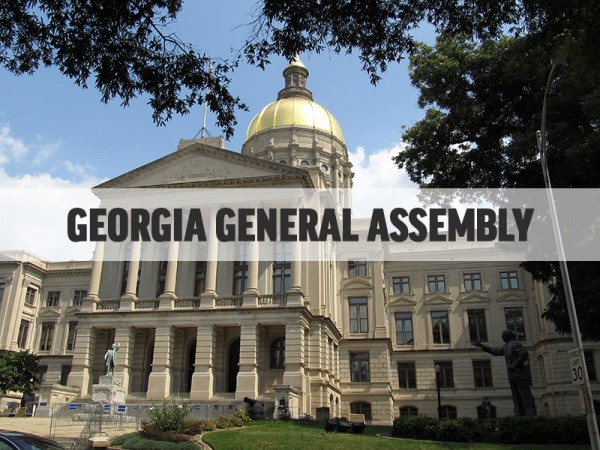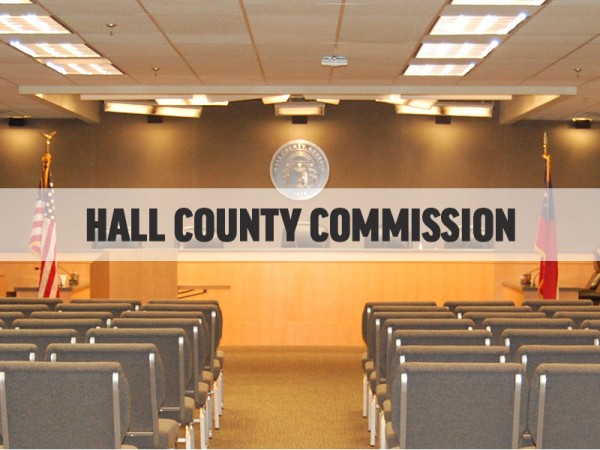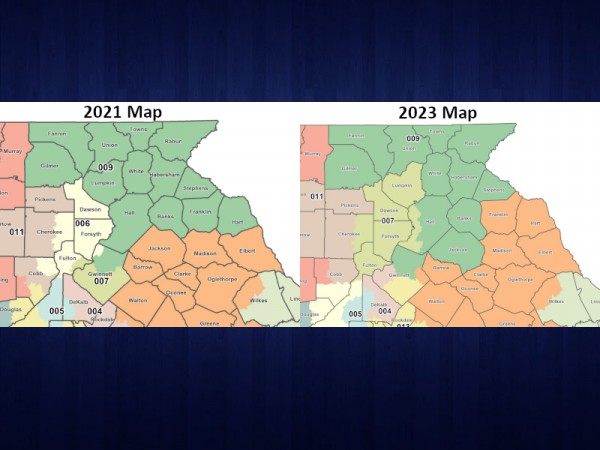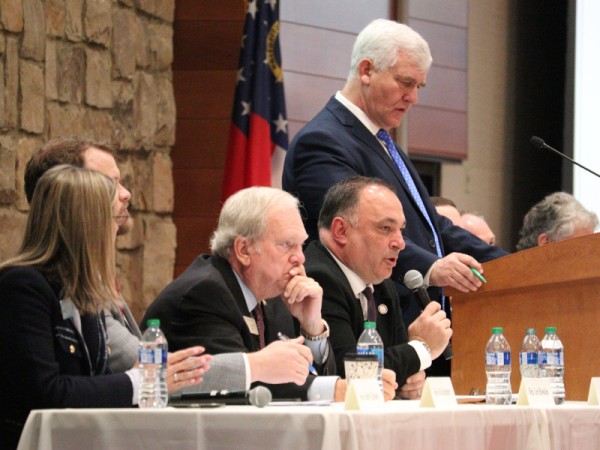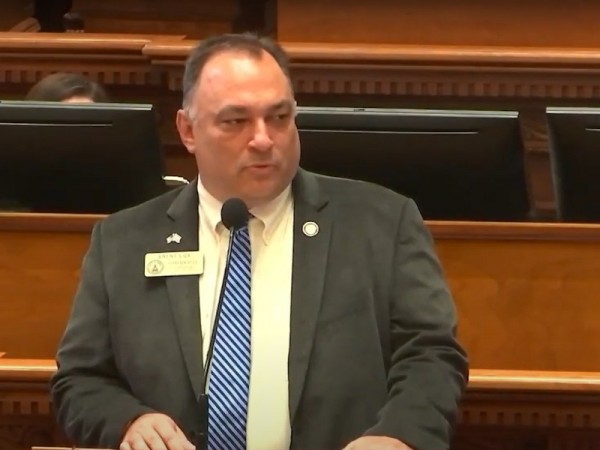It's a strange July 1 for new Georgia laws. Friday, the first day of the month, is when most new laws passed by the General Assembly customarily take effect. But this year, many of the most important measures either became law as soon as Republican Gov. Brian Kemp signed them, while a few of the General Assembly's most consequential accomplishments won't take effect until January or even later.
But there are some notable changes that begin Friday, including a raft of conservative-inspired school legislation, higher lawmaker pensions and an increase in lawmaker pensions.
The immediate start dates were sometimes a nod to the urgency of election-year politics, with Kemp successfully using the laws to build toward a smashing May 24 primary victory over former U.S. Sen. David Perdue and others.
Georgians are already living in a state where state motor fuel taxes are suspended under House Bill 304, and where many households have pocketed $250 or $500 from a $1.1 billion one-time state income tax refund under House Bill 1302. Permits are no longer required to carry concealed handguns in public under Senate Bill 319, and parents can opt students out of school mask mandates through mid-2027 under Senate Bill 514.
Delays are sometimes because a bill is complicated. The earliest parts of a big mental health care overhaul under House Bill 1013 take effect on Jan. 1, with some being phased in later. Senate Bill 226, requiring school districts to respond to challenges of materials that parents consider obscene doesn’t fully begin until Jan. 1, giving districts time to develop policies.
Income tax changes usually begin Jan 1. A new $100 million tax credit for donating money to police and raising the cap on tax credits for giving to rural hospitals to $75 million both take effect in 2023. An income tax cut that could eventually total $2 billion won’t begin until Jan. 1, 2024 under House Bill 1437, although lawmakers will have to start factoring in its budget effects when they meet in 2023 to write the state budget.
Here's a look at some key laws that take effect Friday:
CRITICAL RACE THEORY: House Bill 1084 bans the teaching of certain racial concepts that Republicans say are divisive. Opponents say the measure would frighten teachers away from an honest classroom discussion of race in history and the present.
PARENT BILL OF RIGHTS: House Bill 1178 puts into one law a number of parental rights that already exist. It says parents have the right to review all classroom materials, to access their child's records, to opt their child out of all sex education, and to prevent the creation of photos, videos and voice recordings of their children except for security purposes.
SCHOOL RECESS: House Bill 1283 requires daily recess for all public school children in grades K-5.
VACCINE MANDATES: Senate Bill 345 prevents state agencies and local governments from requiring COVID-19 vaccines, mostly by banning them from requiring proof that anyone has been vaccinated to receive government services. The law excludes government-owned health facilities and doesn't effect private business.
VOTING: Senate Bill 441 allows the Georgia Bureau of Investigation to begin probes of alleged election wrongdoing without a request from an outside official. The alleged violation would have to be significant enough to create doubt about the outcome of an election, and the agency would have the power to issue subpoenas for election documents.
FARM NUISANCES: House Bill 1150 enhances protections for farmers against nuisance lawsuits by neighbors over problems such as odors, giving them protection from most suits after two years of operation. Farming advocates say the vote will protect the agriculture sector. Environmentalists say the bill will open the door for bad neighbors.
LAWMAKER PENSIONS: Lawmaker pensions would increase by about 40% under House Bill 824. Supporters said lawmakers are currently contributing significantly more money to their retirement accounts than they receive in benefits.
FREE SPEECH: House Bill 1 bars public universities and technical colleges from setting areas of campus as free speech zones, instead allowing speech in all generally accessible areas. Administrators could still regulate the time, place and manner of speech.








